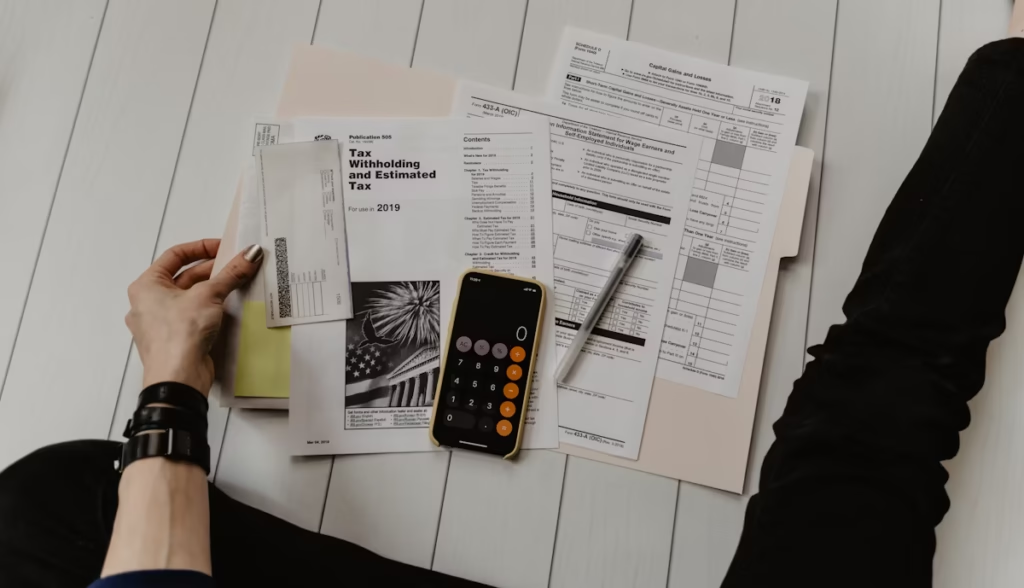Phone: +966-50-7024644 | Email: info@ghalibconsulting.com
Table of Contents
Master Financial Analysis: Step-by-Step Guide for Dubai Businesses | Ghalib Consulting
Financial analysis is the backbone of strategic decision-making for businesses in Dubai. It transforms raw financial data into actionable insights, helping companies optimize performance, attract investors, and navigate competitive markets. At Ghalib Consulting, we specialize in delivering precise financial analysis services tailored to Dubai’s dynamic economy. This guide walks you through creating a professional financial analysis.

Why Financial Analysis Matters in Dubai
Dubai’s rapidly evolving market demands data-driven agility. Financial analysis helps:
✅ Identify growth opportunities in free zones and emerging sectors.
✅ Comply with Dubai’s regulatory frameworks (e.g., DIFC regulations).
✅ Secure funding from investors or Dubai-based banks.
✅ Mitigate risks in volatile markets.
Step-by-Step: How to Create a Financial Analysis
1. Gather Financial Data
What to collect:
- Income statements, balance sheets, and cash flow statements
- Operational costs (Dubai-specific: licensing fees, VAT records)
- Market data (industry benchmarks, competitor pricing)
Tip: Use Dubai Economic Department portals for local industry reports.
2. Perform Ratio Analysis
Calculate key metrics to assess health:
| Ratio Type | Formula | Purpose |
|---|---|---|
| Liquidity | Current Assets / Current Liabilities | Evaluate short-term solvency |
| Profitability | Net Income / Revenue | Measure operational efficiency |
| Debt-to-Equity | Total Debt / Total Equity | Assess financial leverage (crucial for Dubai real estate ventures) |
3. Conduct Trend Analysis
- Compare quarterly/yearly performance.
- Identify patterns (e.g., seasonal tourism impacts in Dubai).
4. Benchmark Against Competitors
- Use data from Dubai Chamber of Commerce reports.
- Compare metrics like profit margins or inventory turnover.
5. Risk Assessment
- Evaluate Dubai-specific risks:
- Market volatility (oil prices, tourism fluctuations)
- Regulatory changes (VAT, corporate tax)
6. Forecast Future Performance
Build models using:
- Historical data
- Dubai market projections (e.g., Expo 2030 opportunities)
- Scenario planning (best/worst-case outcomes)
7. Prepare the Report
Structure for clarity:
- Executive Summary
- Data Sources & Methodology
- Key Findings (visualize with charts)
- Recommendations (e.g., “Expand into Dubai Media City”)
Tools for Effective Financial Analysis
| Tool | Use Case |
|---|---|
| Excel/Google Sheets | Basic calculations & charts |
| Power BI | Interactive dashboards for real-time data |
| QuickBooks | Automated accounting (supports UAE VAT) |
| Industry-Specific Software | E.g., Real estate valuation tools for Dubai markets |
Common Pitfalls & Solutions
🚫 Pitfall: Inaccurate data collection.
✅ Solution: Automate data entry with cloud accounting tools.
🚫 Pitfall: Ignoring Dubai’s tax landscape.
✅ Solution: Partner with local experts (like Ghalib Consulting).
Case Study: Dubai Retail Business
A Dubai-based fashion retailer used our financial analysis to:
- Reduce inventory costs by 25% through trend analysis.
- Secure AED 2M funding by showcasing strong liquidity ratios.
How Ghalib Consulting Delivers Precision Financial Analysis
We provide:
🔹 Customized Analysis: Tailored to Dubai’s market nuances.
🔹 Regulatory Compliance: Up-to-date with Dubai’s tax/finance laws.
🔹 Investor-Ready Reports: Clear, actionable insights.
📞 Contact Us Today:
📧 ghalib@ghalibconsulting.com | 📞 *+966-50-7024644*
Conclusion
Mastering financial analysis is non-negotiable for Dubai businesses aiming for sustainable growth. By following this structured approach—backed by Dubai-specific data and tools—you’ll turn numbers into strategic advantages.

